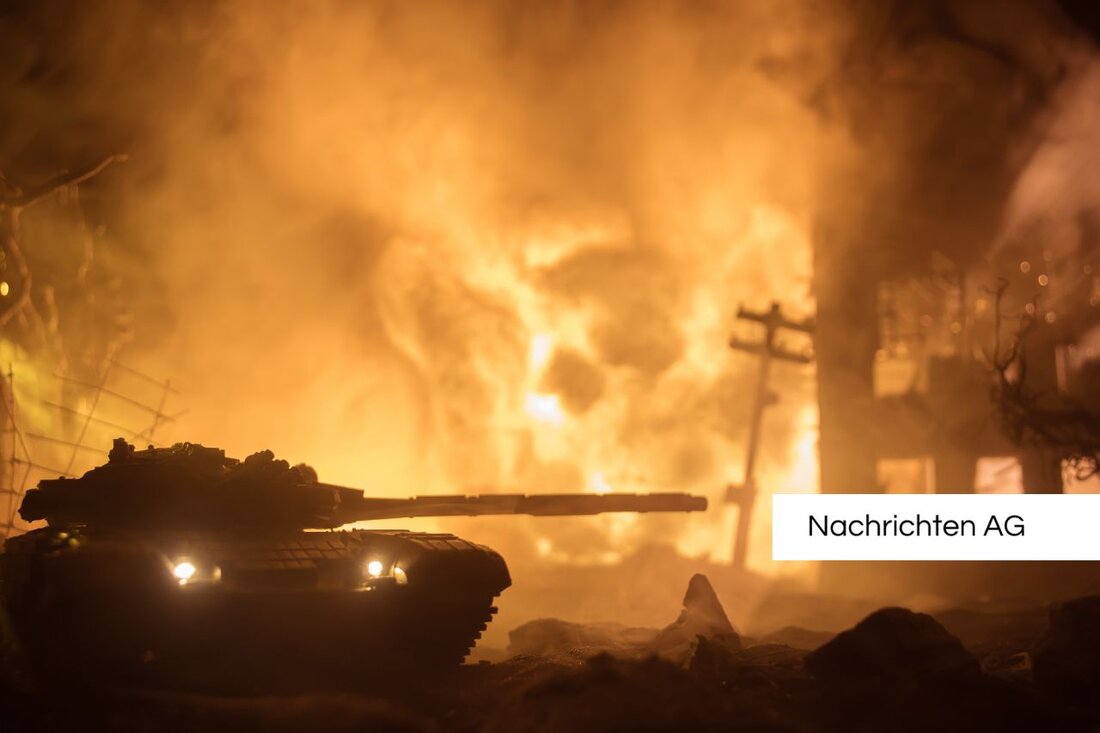End of the war in Ukraine: dealing with crimes and new conflicts
Discover the research on Ukrainian history at Heidelberg University, highlighted by lectures on coming to terms with war crimes.

End of the war in Ukraine: dealing with crimes and new conflicts
For decades, Ukraine has been in the shadow of its conflict-ridden history. The events of the Second World War, during which she experienced exploitation, terror and massive violence, still shape the collective memory today. During the German war of annihilation in the East, an estimated 1.5 million Jews were murdered, as were tens of thousands of Roma and people with disabilities. Over 600 towns were destroyed and millions of people were deported to forced labor. These cruel experiences were not only caused by the German occupation, but also had their origins in the Soviet repression that began after the war. Heidelberg University reports that After the end of the war, the Soviet justice system began to deal with German crimes. But at the same time, Stalinist purges, aimed at suppressing nationalist resistance in western Ukraine, intensified.
The Stalinist purges, defined as a period of political persecution in the Soviet Union, not only cost hundreds of thousands of lives but also created an atmosphere of fear. Historically, these purges began in the late 1920s and escalated during the Great Terror of 1936 to 1938, when approximately 1,000 people were murdered daily. Although the persecution was reduced in 1938, it remained ongoing and included various ethnic groups as well as political dissidents. Wikipedia describes, that the purges were also carried out with the aim of eliminating “unreliable” and opposition figures from the political system, often with false accusations.
Ruperto Carola lecture series at the University of Heidelberg
A central aspect of coming to terms with this brutal period of history is dealt with in the Ruperto Carola lecture series at the University of Heidelberg. The title of the current series, “1945: Epoch Threshold and Space of Experience,” illuminates both a retrospective interpretation of the end of the war and the reconstruction of human experience and suffering. Prof. Tanja Penter, who works as a professor of Eastern European history, will lead the lecture “End of the war in Ukraine: Coming to terms with German occupation crimes, new purges and nationalist underground struggle”. Her research covers Ukrainian and Russian history of the 20th and 21st centuries and the legal analysis of these dark chapters. According to the University of Heidelberg The lecture is part of a series that can be heard on Mondays in the auditorium of the Old University.
Although the Second World War ended almost eighty years ago, Ukraine is once again affected by a war whose shadow continues to influence society. Given the current Russian attack on Ukraine, the legacy of the past, the traumatic memories of exploitation and violence, will play a crucial role in the nation's collective memory. The University of Heidelberg highlights, how these historical contexts underline the current situation and how important it is to continue to deal with these events and not let the painful legacy be forgotten.
The Ruperto Carola Lecture Series is supplemented by other events that deal with these essential topics and offer the opportunity to delve deeper into history and its consequences. Recordings will be available after the events on heiONLINE, the central portal of Heidelberg University.

 Suche
Suche
 Mein Konto
Mein Konto